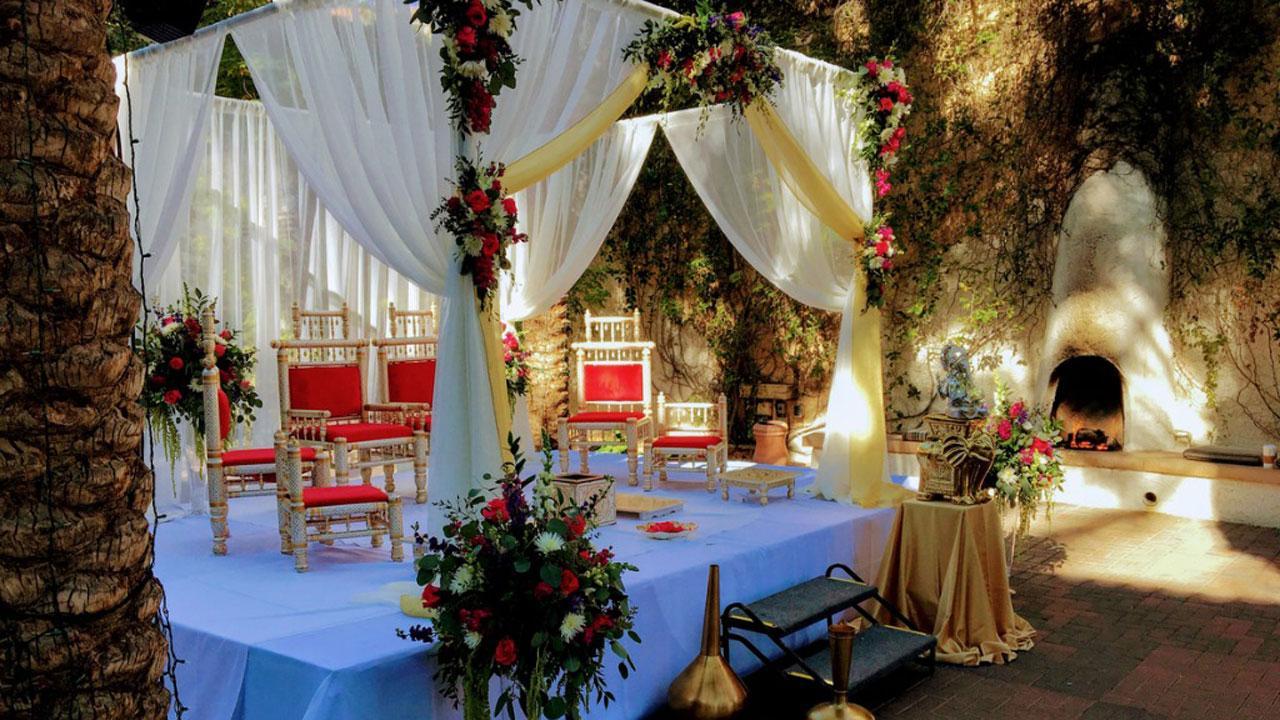Maulana Rabe Hasan has appealed to all members of the Muslim community to stay away from the social evil of dowry and wasteful expenditure during 'nikah'. He urged Muslims to solemnise nikah at mosques as per Islamic traditions, instead of holding mega functions in marriage halls.

Representation pic. Pic/iStock
The All India Muslim Personal Law Board (AIMPLB) has released a new 'nikahnama' for Muslims, banning dowry and extravaganza during weddings.
The 11-point new nikahnama has been released by Board Chairman, Maulana Syed Rabe Hasan Nadvi, and General Secretary Maulana Wali Rehmani, after approval from renowned Muslim clerics including Maulana Arshad Madani, Maulana Asgar Ali Imam Mehdi Salfi, Maulana Fakhruddin Jilani, Maulana Kalbe Jawad and others.
Maulana Rabe Hasan has appealed to all members of the Muslim community to stay away from the social evil of dowry and wasteful expenditure during 'nikah'. He urged Muslims to solemnise nikah at mosques as per Islamic traditions, instead of holding mega functions in marriage halls.
The board has already launched a ten-day campaign to educate members of the community across the country to put an end to social evils, plaguing marriages in Muslims. During the campaign, all Muslim clerics will stress on solemnising nikah as per Islamic traditions to do away with dowry and wasteful expenditure. The new nikahnama completely bans dowry, 'manjha' (haldi ceremony) and other un-Islamic traditions like marriage procession, fireworks, DJ, dancing, etc.
Though it permits 'Dawat-e-Walima', it has disallowed a big feast after the marriage ceremony. The Dawat-e-Walima after nikah will be served only to family members, guests coming from outside, and poor and hungry members of the community. Sharia allows only simple nikah and Dawat-e-Walima in which invitation is also extended to poor and hungry people of the community.
The new nikahnama stresses on following time scheduled for solemnising the nikah. After nikah, the bridegroom is expected to behave and take care of his wife as per Sunnat. The new nikahnama by the AIMPLB came after the suicide by Ayesha, a Muslim girl from Gujarat, over dowry harassment that triggered a countrywide debate among Muslim clerics over social evils.
 Subscribe today by clicking the link and stay updated with the latest news!" Click here!
Subscribe today by clicking the link and stay updated with the latest news!" Click here!







